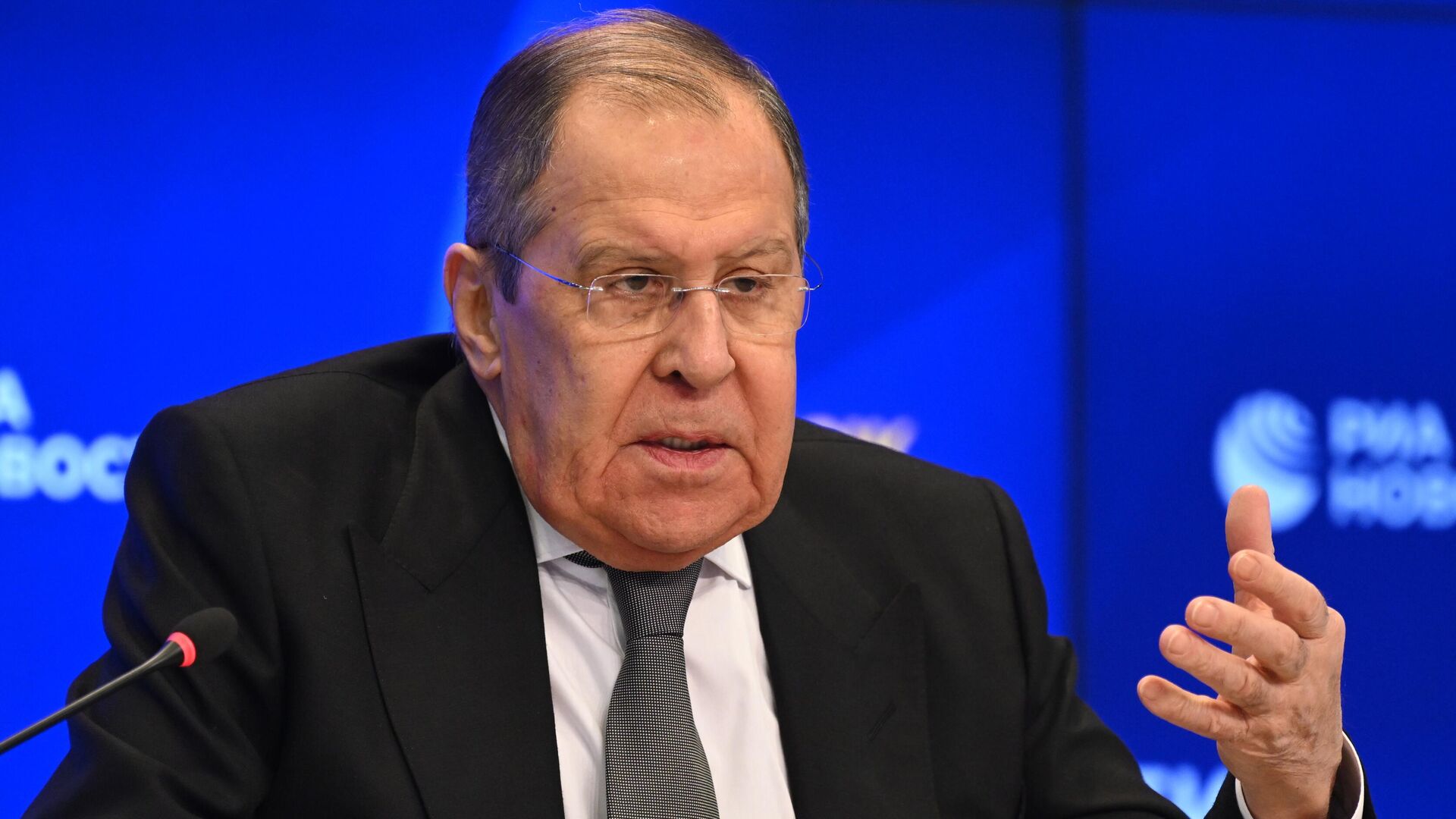https://en.sputniknews.africa/20240216/veto-right-unscs-tool-to-prevent-taking-unbalanced-decisions---russian-foreign-minister-1065113008.html
Veto Right UNSC's Tool to Prevent Taking Unbalanced Decisions - Russian Foreign Minister
Veto Right UNSC's Tool to Prevent Taking Unbalanced Decisions - Russian Foreign Minister
Sputnik Africa
MOSCOW (Sputnik) - The veto right is a tool of the United Nations Security Council to prevent unilateral resolutions potentially dangerous for stability in the... 16.02.2024, Sputnik Africa
2024-02-16T17:35+0100
2024-02-16T17:35+0100
2024-02-16T17:35+0100
sergey lavrov
russia
united states (us)
united kingdom (uk)
united nations (un)
united nations security council (unsc)
international
https://cdn1.img.sputniknews.africa/img/07e8/02/10/1065104227_0:0:3344:1881_1920x0_80_0_0_922f6d7586c4989ed36222c351d745f6.jpg
In September 2023, Lavrov addressed the UN General Assembly, urging it to review the current mechanism of forming the organization’s secretariat, saying it was no longer aligned with the times. If the veto right is abandoned, the UN will turn into a "useless structure," which will only deepen global and regional tensions, Lavrov added. A reform is a long process as it has to "reflect some common understanding at this stage of the tectonic changes that are taking place in the world in the context of multipolarity processes," the minister said. The Security Council is one of the primary organs of the UN, responsible for maintaining international peace and security. It has 15 members: five permanent and ten non-permanent ones. The permanent members, which have a veto right, include Russia, the United States, the United Kingdom, China and France. The non-permanent members are elected by the General Assembly for two-year terms.
https://en.sputniknews.africa/20240216/adwa-victory-memorial-commemorating-ethiopias-triumph-and-significance-in-african-history-1065110386.html
russia
united states (us)
united kingdom (uk)
Sputnik Africa
feedback@sputniknews.com
+74956456601
MIA „Rossiya Segodnya“
2024
Sputnik Africa
feedback@sputniknews.com
+74956456601
MIA „Rossiya Segodnya“
News
en_EN
Sputnik Africa
feedback@sputniknews.com
+74956456601
MIA „Rossiya Segodnya“
Sputnik Africa
feedback@sputniknews.com
+74956456601
MIA „Rossiya Segodnya“
sergey lavrov, russia, united states (us), united kingdom (uk), united nations (un), united nations security council (unsc), international
sergey lavrov, russia, united states (us), united kingdom (uk), united nations (un), united nations security council (unsc), international
Veto Right UNSC's Tool to Prevent Taking Unbalanced Decisions - Russian Foreign Minister
MOSCOW (Sputnik) - The veto right is a tool of the United Nations Security Council to prevent unilateral resolutions potentially dangerous for stability in the world, rather than a "privilege," Russian Foreign Minister Sergey Lavrov said on Thursday.
In September 2023, Lavrov addressed the
UN General Assembly, urging it to review the current mechanism of forming the organization’s secretariat, saying it was no longer aligned with the times.
"The veto is not a privilege after all. It is a tool to ensure calibrated decisions. A tool, if you will, to prevent unilateral resolutions that could bring imbalance to world politics," Lavrov told a conference in the Rossiya Segodnya media center.
If the veto right is abandoned, the UN will turn into a "useless structure," which will only deepen global and regional tensions, Lavrov added.
A reform is a long process as it has to "reflect some common understanding at this stage of the tectonic changes that are taking place in the world in the context of
multipolarity processes," the minister said.
The Security Council is one of the primary organs of the UN, responsible for maintaining international peace and security. It has 15 members: five permanent and ten non-permanent ones. The permanent members, which have a veto right, include Russia, the United States, the United Kingdom, China and France. The non-permanent members are elected by the General Assembly for two-year terms.


